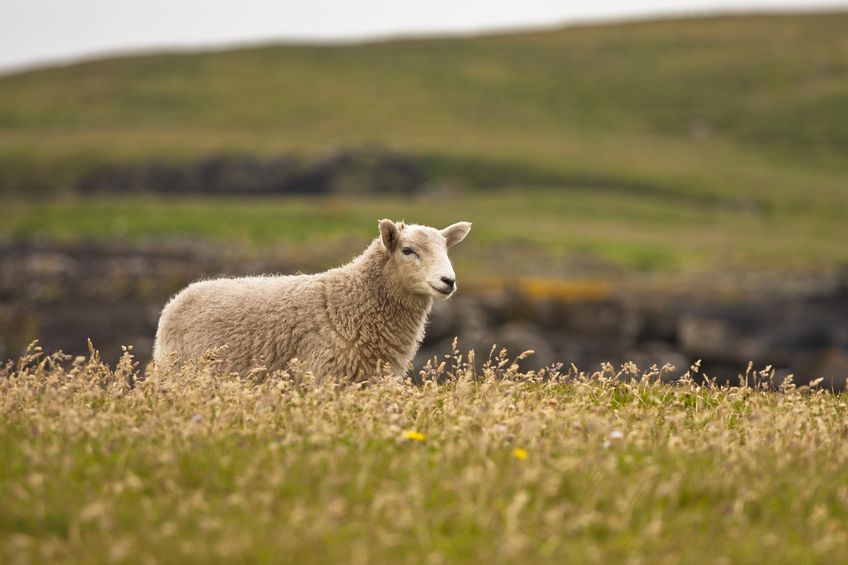
The NFU has said food standards must be protected when the UK leaves the EU and that the Government must ensure Britain has a 'robust supply' of safe food.
NFU President Minette Batters urged the Government on Thursday (3 January) to ensure that Britain has a supply of 'safe, traceable and affordable' food following Brexit.
Speaking at the Oxford Farming Conference, Mrs Batters said it is time for the Government to make decisions on Brexit to ensure the nation avoids a no deal.
Defra Secretary Michael Gove used the conference to highlight how leaving the European Union provides British farmers with a 'world of opportunity'.
But Mrs Batters said the Government must also recognise the importance of British farming to the nation by ensuring the Agriculture Bill has food production at its heart.
The NFU has maintained that a no-deal Brexit could be catastrophic for Britain, as the impacts for the farming industry could be 'wide-ranging'.
For example, Britain could face disruption as a result of being prevented from exporting agricultural products to the EU.
The UK would need to be re-approved by the EU as an exporter and there are no guarantees this would be in place by March 29.
The lamb industry could be particularly impacted, as 31% of its produce was exported to the EU in 2017.
In a no deal scenario, exports to the EU from the UK could face the same tariffs as goods entering the EU from other third countries.
For agricultural products, these are particularly high. For example, fresh beef and lamb could effectively face tariffs of 65% and 46% respectively.
The NFU says the impact for food producers could be 'detrimental', increasing costs for the business.
Even if the UK is approved as an exporter to the EU, essential imports could be disrupted and severe delays at ports may be seen. This includes veterinary medicines, fertilisers, feed and machinery parts. For example, over 90% of animal vaccines and medicines are imported to the UK.
In order to avoid food price rises as a result of a no-deal Brexit, the NFU said the Government could unilaterally lower import tariffs which cannot be done on a country-by-country basis.
This could open up the UK market to products that are not produced to the high standards of food safety, animal welfare and environmental protection that British farmers adhere to.
Mrs Batters told the event: “There have been enough warm words and comfort to us as farmers but now is time for decisions from the government about how it will secure the nation’s food supply.
“We are less than 90 days away from Brexit and there is still enormous uncertainty about the future and how domestic food production fits into that.
“When I speak to people about food, they do recognise the importance of our sector; to our economy, to our environment and to our food security.
“Food is one of the fundamentals of life. Its importance cannot be understated. A government that fails to deliver a Brexit that gets this right will fail us all.”
She added: “We are world leaders in food safety, traceability, environmental protection and animal welfare. It is clear that British people feel proud of the food we produce and what better way for a government to support that than by backing British food and farming.
“It is crucial that Government engages with our industry to deliver a sustainable, competitive and profitable British farming sector for generations to come,” Mrs Batters said.
